Industrialists say fuel availability has improved "significantly" in the last few months since Government took the bold decision to adjust the price upwards, with indications that the manufacturing sector is getting up to 80 percent of fuel for their operations without hassles.
Government reviewed fuel prices on January 12 following incessant demand both from locals and foreigners who were buying the precious liquid to power their vehicles and critically, for rent-seeking behaviour.
Since October last year, accessing fuel by industrialists and individuals had become increasingly difficult as some enterprising citizens would file at service stations every day and buy in bulk for resale at exorbitant prices, and in some cases in US dollars. But since Government increased the price from RTGS$1,34 to RTGS$3,31, Energy and Power Development Minister Dr Joram Gumbo has indicated that fuel consumption has markedly declined, largely it has become unprofitable to buy fuel for resale.
Markets watchers recently suggested that the decline in fuel consumption could be a result of industrialists' inability to access the commodity due to supply side challenges. However, Confederation of Zimbabwe Industries (CZI) president Sifelani Jabangwe told the Business Weekly last week that manufacturers are "happier" at the moment than they were before the fuel price adjustment.
"There has certainly been a major improvement from the time prices went up. If you recall at that time, we were not getting fuel at all (but now), here and there we have challenges, queues and so forth, but at least we can access fuel," said Mr Jabangwe.
"I understand the challenge for Government is 'how do you maintain supply?' But certainly we are happier than we were before the price increase were put in place.
"I would say 80 percent of the time we can access fuel because you do see some queues once in a while particularly for the diesel trucks, which we use for our businesses out there but certainly there was a significant improvement."
During the period January to February 28, 2019, consumption of diesel and petrol declined by almost 1,5 million litres and 1,8 million litres per day, compared previous months. Consumption of diesel plunged to about 3,3 million litres per day while petrol went down to about 2 million litres per day. Fuel consumption had sky-rocketed to between almost 4,7 million litres of diesel and 3,8 million litres of petrol per day.
Government concedes that it is not meeting the national demand of fuel largely because of logistical challenges, but it confirms that consumption of the precious liquid has declined.
Said Dr Gumbo in a recent interview: ". . . we cannot say that we are giving the correct figure (quantities of fuel) at the moment because we had not completely stabilised since the change of prices (and) when the prices changed, there was the issue of the Monetary Policy; it affected consumption again".
Apart from the fuel supply bottlenecks especially due to foreign currency shortages, Government blames the reckless use of the social media by unscrupulous citizens to cause unnecessary panic. Some social media users, who Government believes have an ulterior motive, have taken turns to create messages to the effect that the fuel price would be reviewed upwards "in the near future".
Most of the time, the fake social media messages are circulated on Friday afternoon, and they would be claiming that the price would be increased the following Monday. This has resulted in motorists stampeding to get to their nearest service stations to queue for fuel before the alleged price increase.
Following the devastating effects of Cyclone Idai that ripped apart the port of Beira and large parts of Manicaland, social media messages started circulating again speculating that fuel supplies would be impacted on since roads were decimated.
Further, some social media reports claimed that the Feruka pipeline was extensively damaged and would affect its ability to move fuel. This led to a rush by motorists to refuel their vehicles, but in the process, ramped up demand for the commodity. But Dr Gumbo has indicated that the Feruka pipeline "remains intact".
"From the figures from January 1 to February 28, the consumption of fuel has gone down and that also shows from the fuel that we draw from Msasa and Mabvuku; withdrawals have remained stable and we have kept quite a lot of diesel and a lot of petrol in stock and this is why I am saying that even with this unfortunate incident of the cyclone, we still have enough fuel to supply our country.
"We thank God because the pipeline is intact, and most of our fuel has been coming through the pipeline but there were also other measures to bring in fuel if the pipeline had been affected, we would have used the road and rail."
- the herald
 Zimbabwe's crocodile product exports surge
Zimbabwe's crocodile product exports surge  Starlink plans to go big in South Africa
Starlink plans to go big in South Africa  'Some very strange things are happening in China!'
'Some very strange things are happening in China!'  Zimbabwe's dollar stock exchange surges 45%
Zimbabwe's dollar stock exchange surges 45%  Gold edges up as traders await guidance
Gold edges up as traders await guidance  Gold shatters $4,000 milestone
Gold shatters $4,000 milestone  Young Investment Professional (YIP) Graduate Programme 2019
Young Investment Professional (YIP) Graduate Programme 2019 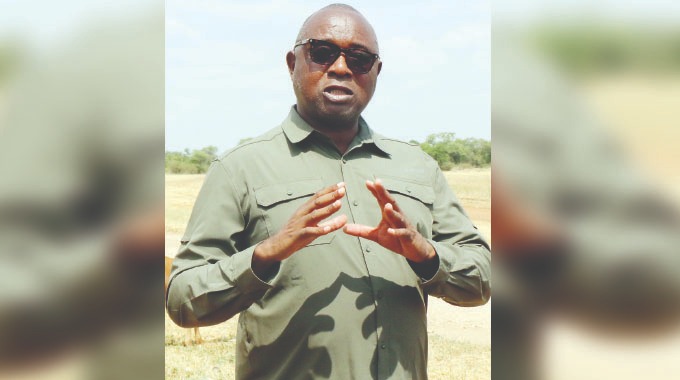
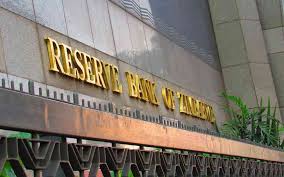
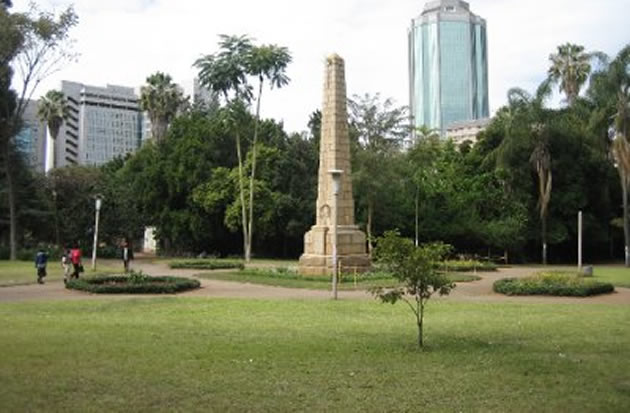


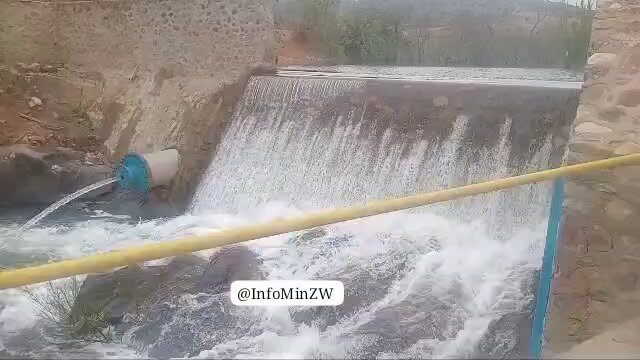
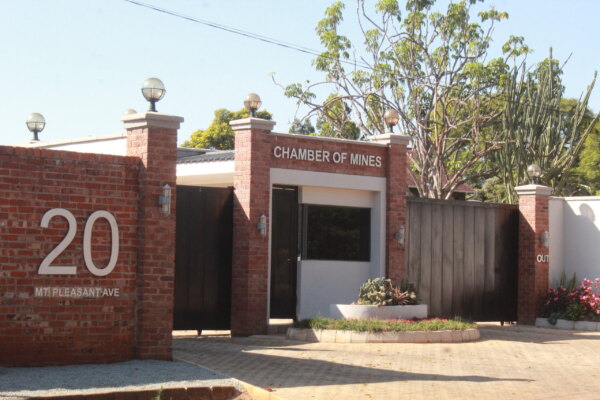
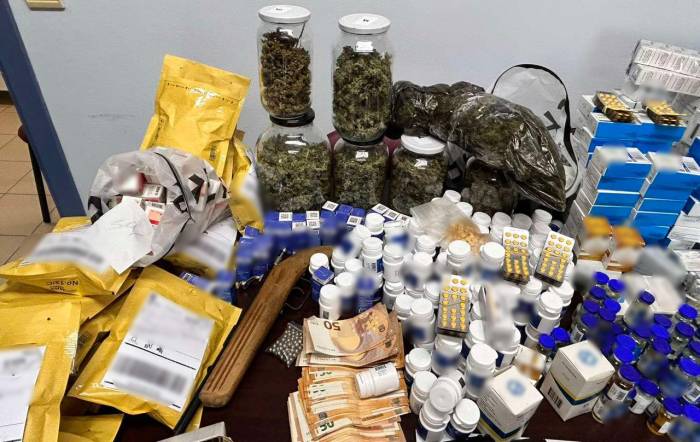
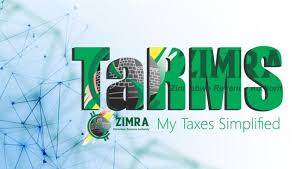
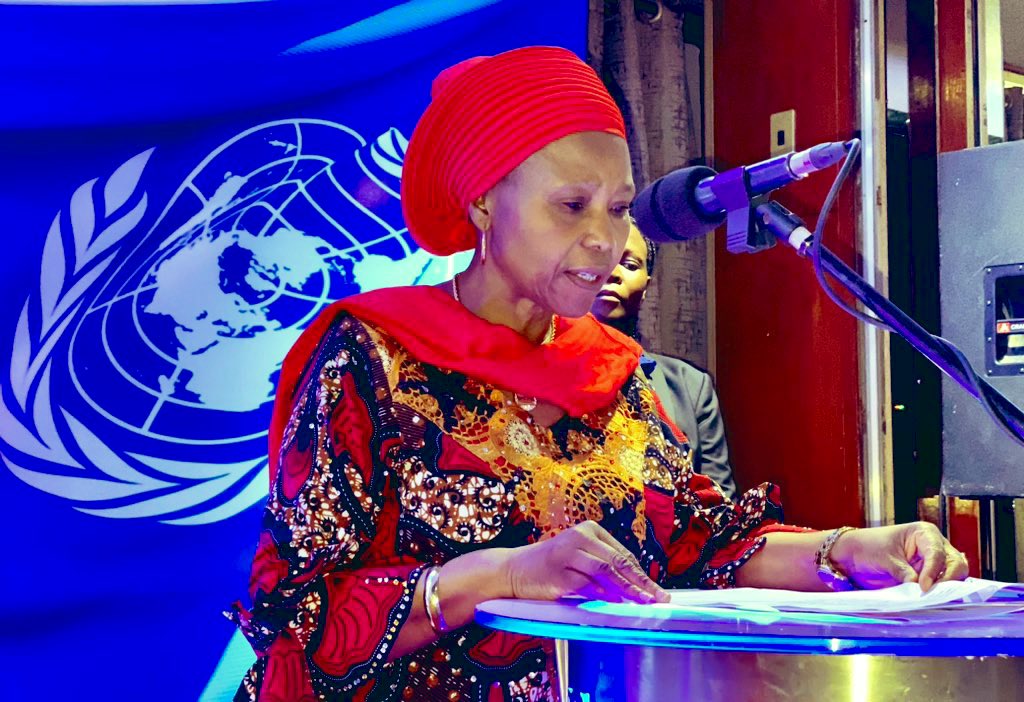

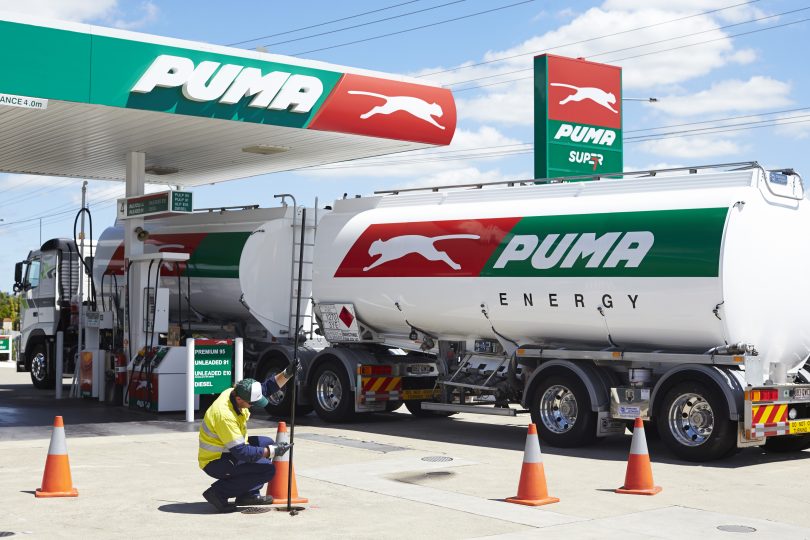
 Young Investment Professional (YIP) Graduate Programme 2019
Young Investment Professional (YIP) Graduate Programme 2019
Editor's Pick